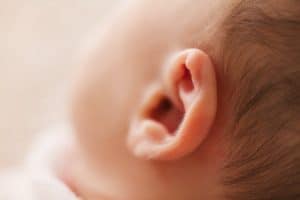Feeling Off-Balance? Try These Exercises
As you age, staying steady on your feet can become more difficult. Over one in four people aged 65 and older falls every year,...
Posted on March 29, 2019
EarEar infections are one of the most common childhood ailments; in fact, more children visit a doctor to treat ear infections in Wynnewood than any other medical condition. They are not just confined to kids, either – adults can experience ear infections, too. Ear pain is obviously the most common sign, but there are other symptoms you may experience, as well. Some are likely to surprise you.

It’s pretty easy to diagnose an ear infection; your Wynnewood audiologist will examine your ears to check for fluid buildup and drainage – that and throbbing ear pain are the telltale signs of acute otitis media, the medical term for a middle ear infection (the most common type). But there are frequently other symptoms, as well – ones you might not associate with an ear infection. These include:
For more information on how to spot the signs of an ear infection and remedies to ease the symptoms, reach out to your Wynnewood audiologist today.
As you age, staying steady on your feet can become more difficult. Over one in four people aged 65 and older falls every year,...
Tinnitus, or ringing in the ears, affects quite a few Americans daily—about 15% of them, according to results from the recently released Apple Hearing...
Sleep is essential to your health and well-being, yet many people struggle to get their full eight hours. One often overlooked obstacle to a...
Summer is the perfect time to enjoy endless days of swimming. Wherever you choose to soak up the sun and enjoy the water, it’s...